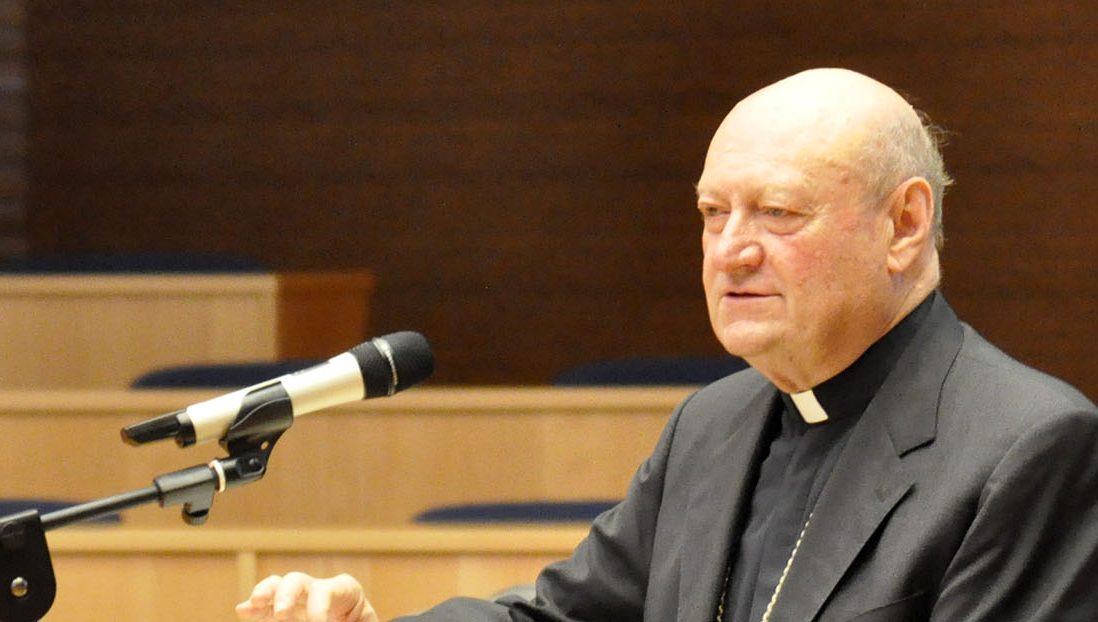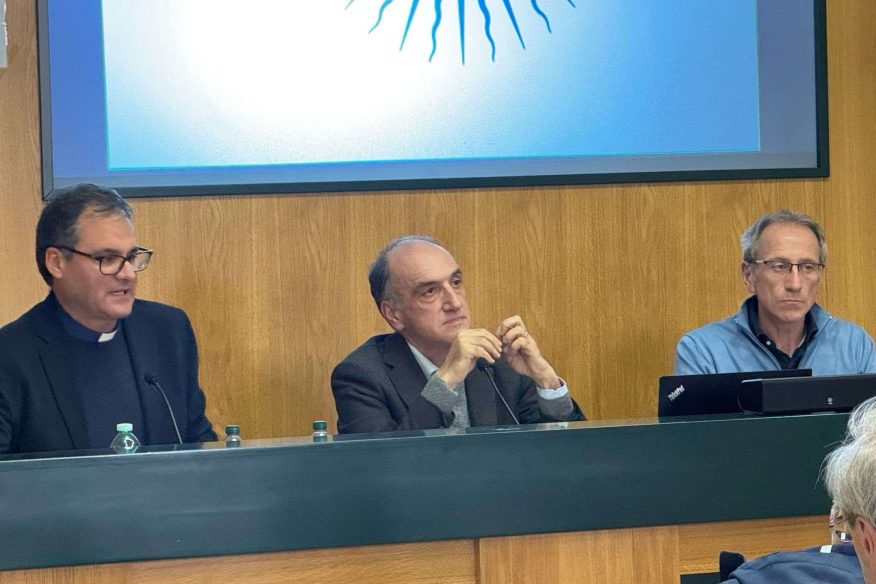Ravasi: “Only together we can build the beauty of Being”

Synodality? A natural necessity. Card. Ravasi, President of the Pontifical Council for Culture, confirmed its urgency today; he spoke at the course on Discerning Leadership promoted by the Jesuits, with UISG and USG, from 22 to 25 September in Rome.
Four suggested highlights, rooted in Scripture: – Moses and the appointment of the 70 elders, the Council of Jerusalem, the fragmentation of the Corinthian Church and the passage in John’s Gospel “the Word made itself culture” – that show how the need for synodality is a theme that concerns all ages.
The unprecedented contemporary context
In his speech, also the analysis of our time “an era marked by secularism, globalization, localisms, nationalisms, sovereignisms, which cannot be faced by a single community”. Furthermore, ethical indifference coupled with apathy, generating “apatheism, a nebula in which moral values are completely dissolved”. Then, new communication networks and global economy, attempts in view of a new humanism and post-humanism. A totally unprecedented context: the changing of an era, a great turning point in which all religions find themselves displaced. “There is no commonly agreed concept of human nature. But” he recalls “ontology precedes deontology. Science and technique are understood as dominant truths, with fundamental ethical implications in the fields of genetics, neurosciences, artificial intelligence, with the introduction of devices equipped with self-consciousness”.
Answering ethical questions
These questions require an answer. The scientists themselves demand them”. Ravasi quotes Steve Jobs “Technology by itself is not enough. It is the combination of technology and liberal arts, of science and humanities that gives us the result that can raise a song in our hearts.” Finally, the infosphere, the informatic network that surrounds the globe, has changed communication, languages and relationships. “We have to be present on the public square. This is the effective synodality not only the intra-ecclesial one”.
The many ways of knowing: we are synodal
Our own way of knowing is synodal. “Current anthropology is synodal for two reasons: cognitive. We know through several channels. Then relational: contemporary culture itself is relational. Back in the Bible man is already oriented towards the transcendent, the earth and the other. Me, you and the third. Let’s think about the phenomenon of migrations and spiritual autism.
We are not self-sufficient monads, but different “paths” that together build the splendor of being and existence”. “No man is an island,” he concludes quoting John Donne. Every man is a piece of the continent, a part of the main. If a clod be washed away by the sea, Europe is the less. As well as if a promontory were. As well as if a manor of thy friend’s or of thine own were: any man’s death diminishes me, because I am involved in mankind, and therefore never send to know for whom the bell tolls; it tolls for thee.”
